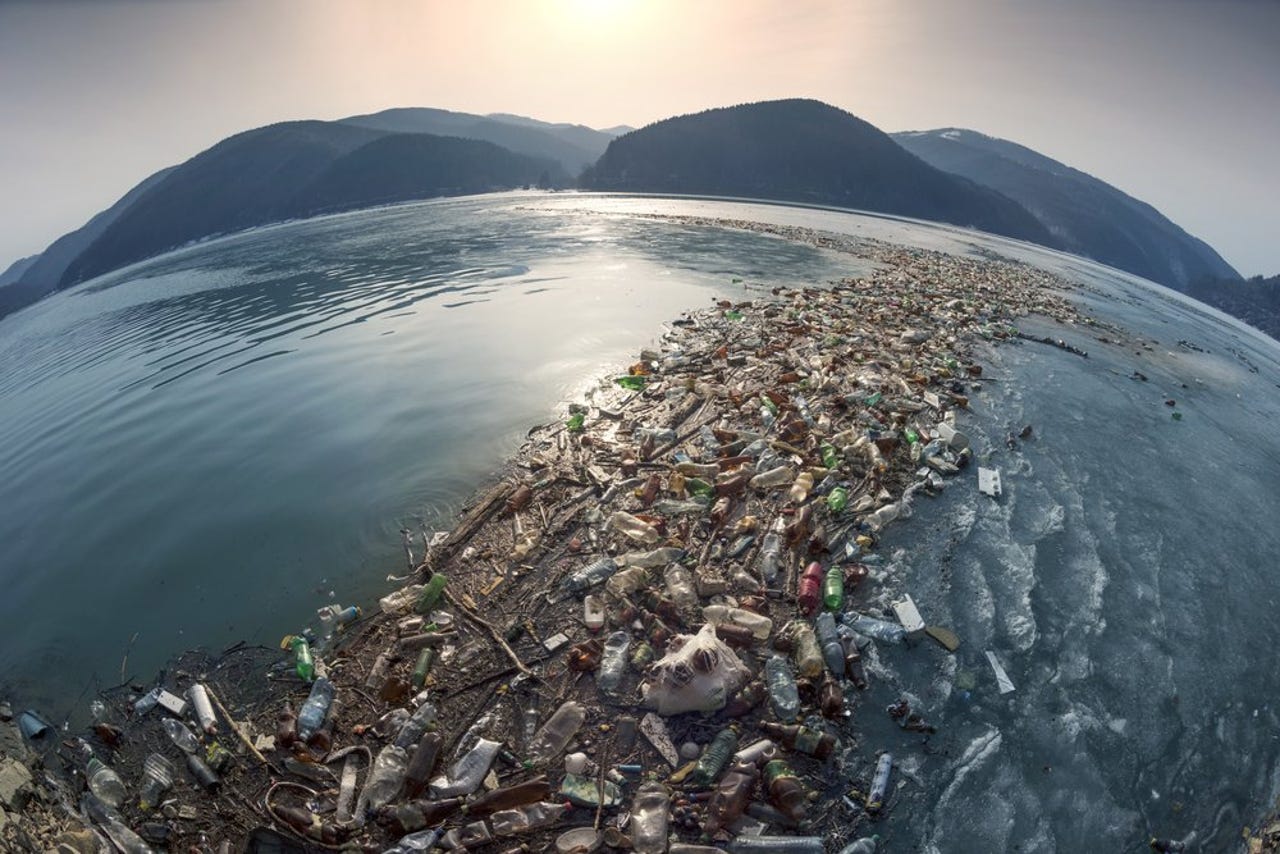Google's 10-week accelerator is on the hunt for green startups


Google has opened up its latest 10-week accelerator programs for early-stage (Seed to Series A) startups to use cloud tech, AI, and ML to progress sustainability initiatives. For North American startups, this will be the program's third year. For European startups, it is the first year of the program.
Google for Startups Accelerator: Climate Change for North America and Europe will support startup companies creating technologies to counteract climate change. The programs supply startups with Google's technical talent, tools, programs, and products.
Innovation
Startups can apply to the accelerator programs until January 19, 2023, the programs will begin on March 7, and graduation from the program is on May 11. The selected companies will receive Google's resources equity-free.
Also: Singapore looks to drive green fintech development with Google Cloud partnership
Since the North American accelerator program launched three years ago, Google says 22 startups have entered and successfully grown their businesses through the accelerator program. These companies include Carbon Limit, a Florida-based startup that creates cement used to transform concrete structures to serve as permanent carbon capture and storage mechanisms.
Another accelerator graduate is Enexor BioEnergy, a company that uses its Bio-CHP systems to transform plastics, organic, and biomass waste into clean energy while counteracting carbon emissions.
Also: A pair of cute, trash-loving drones are cleaning up the Great Lakes
BlocPower, another Google accelerator graduate, provides older residential buildings with electric heating and cooling.
For Donnel Baird, founder of BlocPower, the accelerator program helped his company increase the pace at which the company could take on more projects, helping it refine its software to reduce city onboarding for clean energy projects from 4 months to 4 weeks, he said in a press release. "This enabled our business to grow faster while having more impact and accelerating our climate technology."